In the dynamic realm of digital marketing, data is the lighthouse that guides strategy. Agencies are often tasked with making sense of vast seas of data to drive campaigns that resonate with target audiences. However, the integration of data across platforms like Google Marketing and Facebook has become the Achilles’ heel for many in the industry. This blog delves into the complexities and offers insights into overcoming this pervasive hurdle.
The Fragmented Data Landscape: At first glance, Google and Facebook offer a goldmine of user insights, each with robust analytics to track engagement, conversions, and customer behavior. The crux of the problem, however, lies in the disparate nature of these data sources. Google’s universe, including Google Analytics, AdWords, and Google Search Console, speaks in one dialect of metrics and dimensions. Facebook, with its Ads Manager and Analytics, converses in another. The task of deciphering these two dialects to form a cohesive marketing language is the foremost challenge for agencies.
Discrepancies and Divergences: Data discrepancies between Google and Facebook analytics are notorious. Clicks, impressions, and even conversion metrics rarely align due to different tracking methodologies and definitions of what constitutes user interactions. Google might attribute a sale to the last click, while Facebook could be crediting it to an impression made days before. This divergence creates a conundrum: which platform’s truth does an agency endorse?
Privacy Regulations and Tracking Limitations: The introduction of stringent privacy laws like GDPR and CCPA, coupled with platform-specific privacy measures like Apple’s App Tracking Transparency, has further muddled the data pool. These regulations have imposed limitations on tracking, leading to gaps in data that were once relied upon for cross-platform analysis.
Overcoming the Hurdle with Integration and Interpretation: To navigate these challenges, marketing agencies need to adopt a twofold approach: integration and interpretation.
Integration Through Technology:
-
- Utilize third-party tools and platforms that specialize in aggregating data from multiple sources to create a unified dashboard. This consolidation helps in painting a comprehensive picture of user behavior.
- Develop custom APIs that can extract and harmonize key metrics, ensuring that agencies are comparing apples to apples.
Interpretation with Human Insight: - Cultivate a team of data analysts skilled in interpreting complex data sets. It’s not enough to see the numbers; understanding the story they tell is crucial.
- Implement a holistic strategy that doesn’t rely solely on the data from one platform. Acknowledge the strengths and limitations of each and use them to inform different aspects of the marketing mix.
The divide between Google and Facebook analytics is a significant barrier, but not an insurmountable one. By leveraging the right tools and fostering the right skills, marketing agencies can bridge the data divide. The goal is to create a marketing symphony that harmonizes the dissonant data into actionable insights, driving campaigns that hit the right note with audiences and deliver measurable results.
For agencies looking to enhance their data strategy, we invite you to reach out for a consultation. Our team of data experts can help you integrate and interpret your digital marketing data, transforming your analytical challenges into strategic opportunities.
